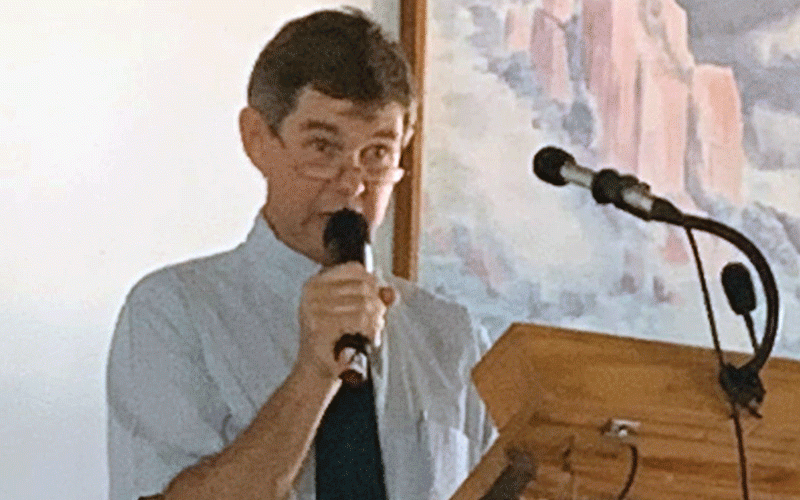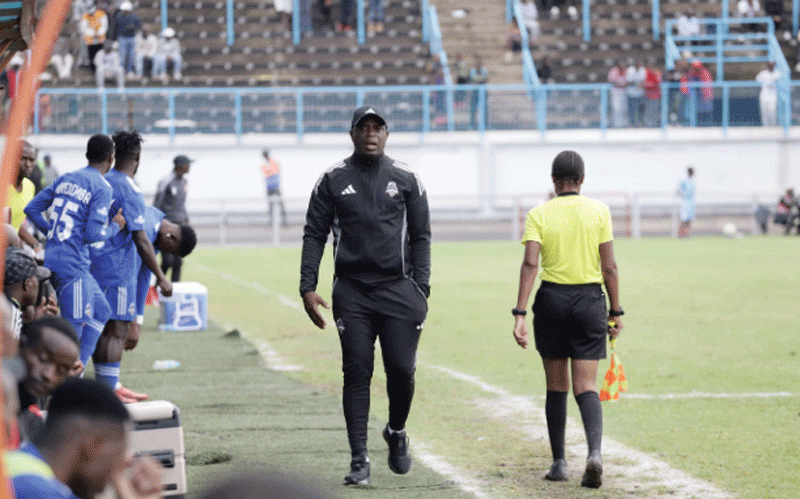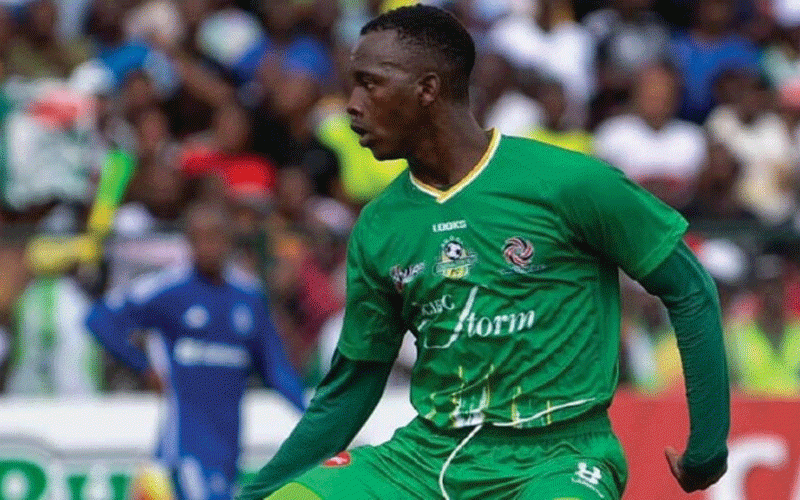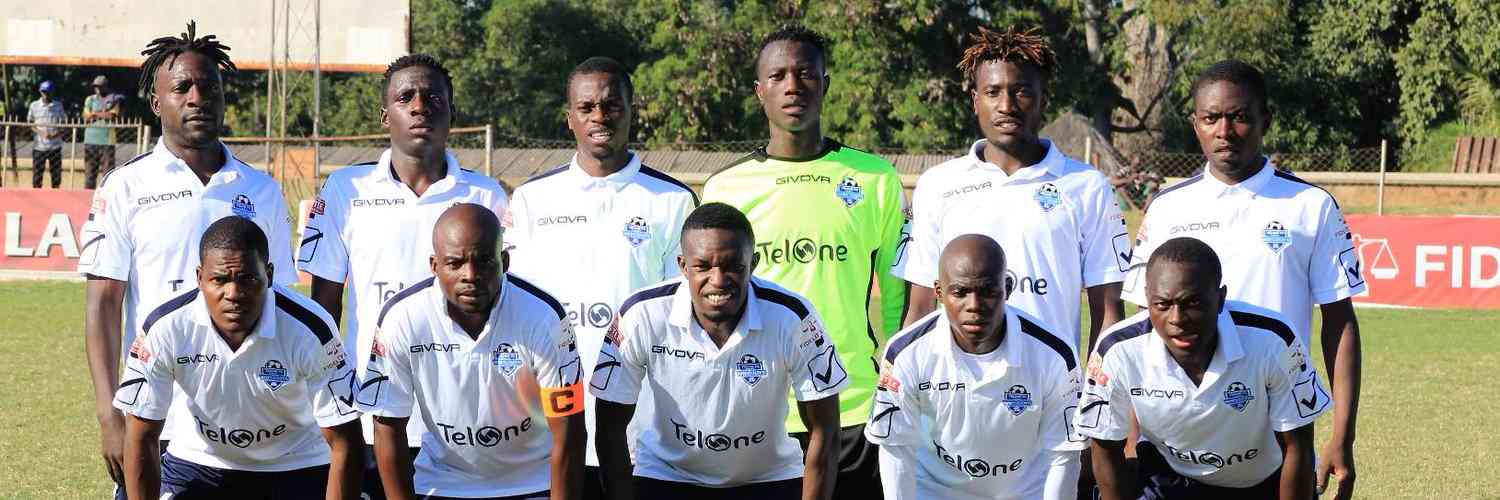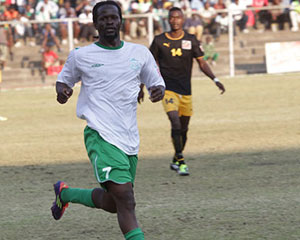
Sculptures carved by various Zimbabwean craftsmen adorn the residence of DT Africa United owner Wiesław Grabowski, in the leafy suburb of Gunhill.
BY ALBERT MARUFU
To the guru in soccer talent identification, these allegories reflect the beauty and the talent that is abundant in every facet of Zimbabwean life.
Through his good eye for talent, “rough diamonds” such as Norman Mapeza, Stewart Murisa, Dickson Choto, Alois Bunjira, Lloyd Chitembwe, Edelbert Dinha, Frank Nyamukuta and Shingi Kawondera, among a host of others, were polished.
At one time these players became the rocks on which Warriors teams were built on. The CAPS United class of 1996 that won their first championship in independent Zimbabwe was the biggest beneficiary of his acumen. However, the “minefield” from which these diamonds were “mined” seems to have dried up and Grabowski, the architect of that talent nurturing programme is not amused. “There is so much talent in the country and that is why we managed to produce players of the calibre of Mapeza and Bunjira. Today’s youngsters have the talent, but are psychologically and physically weak. It is their mentality that is their biggest enemy,” he said. “They focus on today and do not see tomorrow. Sometimes I get the feeling that they expect more from football than they can offer. One needs to be physically, tactically and psychologically stronger to compete at the highest level today.” “Shingi Kawondera passed through our hands and if he had taken my advice, he could have been playing for Manchester United now.” “Zimbabwe players’ mentality is their biggest enemy. If Borussia Dortmund striker Robert Lewandowski was a Zimbabwean, he may have quit soccer because of the way he was treated while he was a youngster at the club. He was at Legia Warsaw with Takesure Chinyama and Chinyama was considered ahead of him. “However, due to his positive mentality, he is now playing in the top league, while some of our local players he trained with in the junior team are now off the radar. “Talking about Chinyama, I rate him highly and had it not been for injuries, he could have gone places. I cannot compare their talents, [Chinyama and Lewandowski] but they have the same positive attitude,” he said. The highly experienced Polish mentor also said today’s youngsters lacked the football knowledge. “I asked a group of 20 talented players how many metres are there from the goal line to the penalty spot. Only three players knew that it is 11 metres. Sadly, most of them were about 19 years of age,” he said. Grabowski blamed local football administration for the current state of affairs. “Little attention is being paid to these youngsters and currently junior teams are not participating at international level. The prevailing environment is also to blame as it has changed the mentality of upcoming players. There are too many football manipulators than teachers in Zimbabwe,” he said. On the issue of Kenneth Bulaji who is disputing his contract with Africa United, and wants to join CAPS United, Grabowski said the player was a victim of manipulation. “Kenneth Bulaji is one player whom I can say is being manipulated. He is an enemy of his own mentality. The player has a running contract with Africa United, which he signed when he was 19. I want him to play for Manchester United or Manchester City, but because of his mental and physical ability, he can only play for ‘Farm United’ or eventually CAPS United. He does not have a contract with Grabowski, but with Africa United which he must honour,” he said. He said it was these kinds of situations that had seen them naming their club DT Africa United with “DT” standing for “Don’t Trick” Grabowski.
Grabowski speaks on age-cheating
On age-cheating which is rampant in African football, the former Warriors gaffer said: “No one can temper with anyone’s birth certificate, other than the players themselves. Most players are not honest and resort to this, but blame others when all goes wrong.” He however, said he saw a brighter future for local football if proper structures were put in place. “Zimbabwe has everything that it needs to be a competitive force in football. The country has the support of the fans, the media and colourful supporters who love the sport,” he said. “What the country needs is to copy from what successful nations such as Germany, Italy and Poland have done. A normal national team must play 15 games per year, but Zimbabwe sometimes plays just one. There is also need for more exchange programmes for coaches so that they develop their knowledge of the game,” he said.

